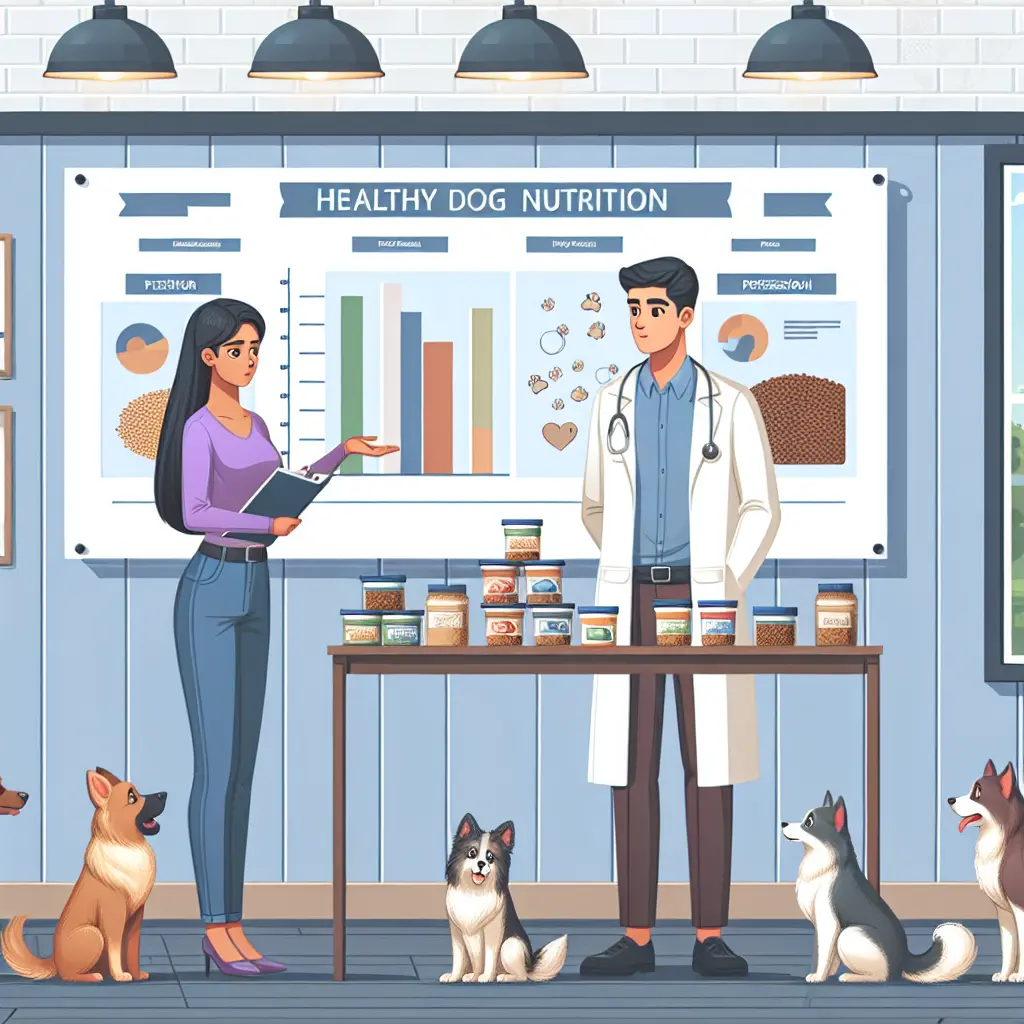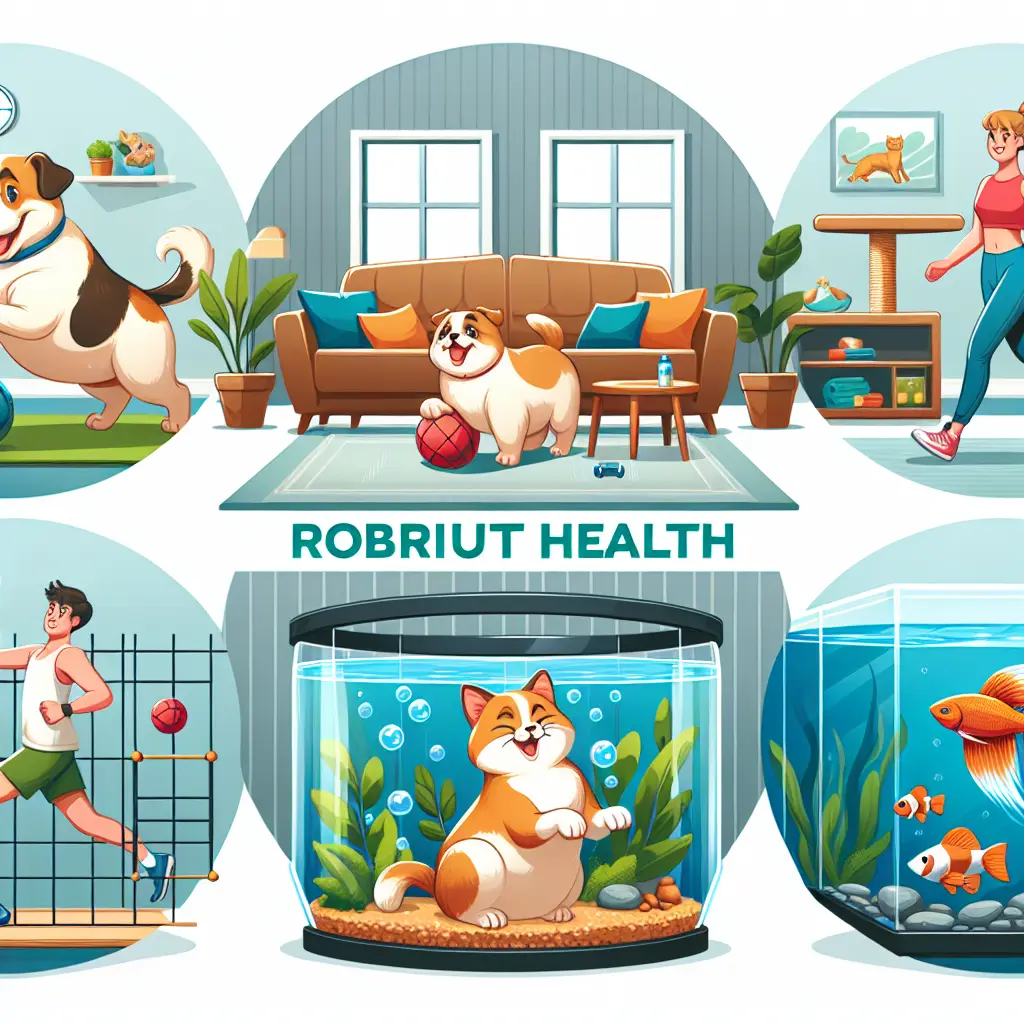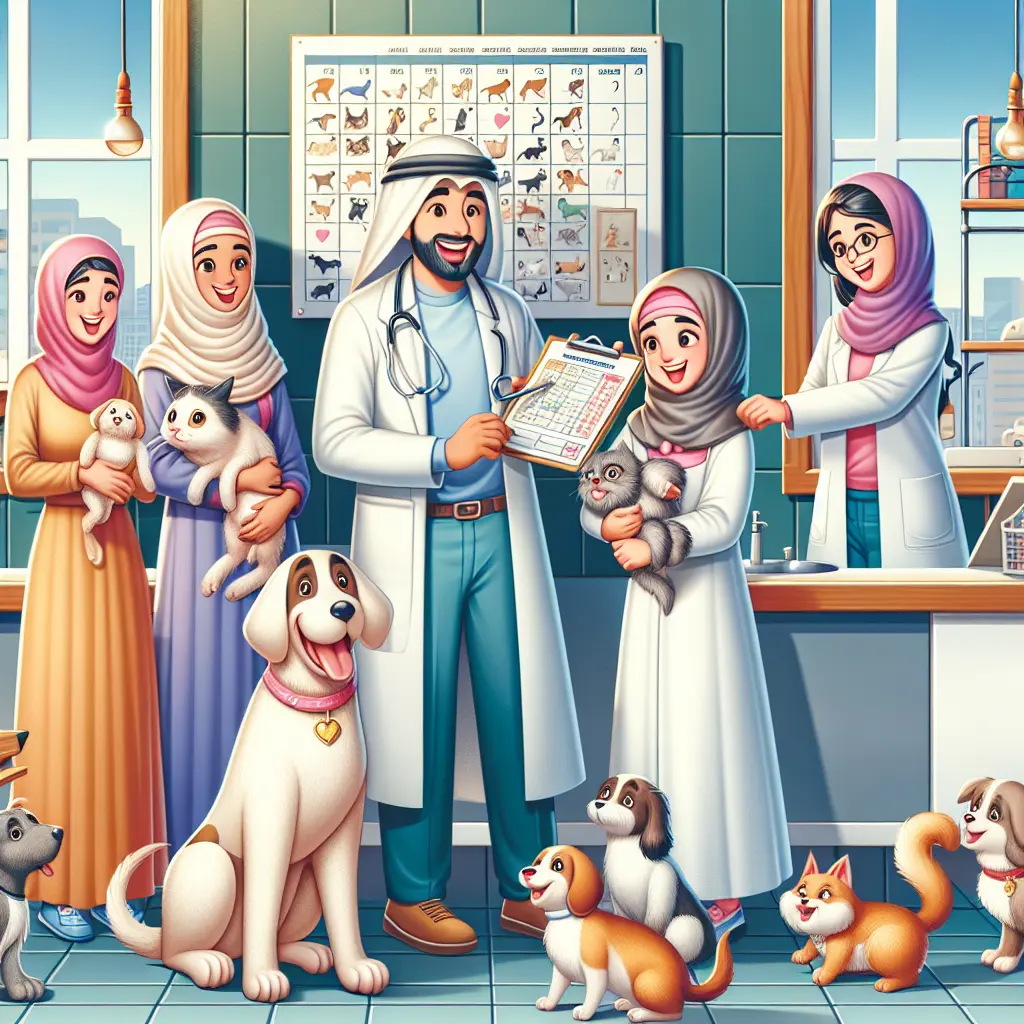Selecting the perfect diet for your dog is more than just a matter of grabbing the nearest bag of kibble off the shelf. It's about understanding your dog's unique needs, the science of pet nutrition, and the latest in dog health trends. This guide dives deep into how to choose dog food that ensures a healthy dog diet while considering the recent news and updates in the pet world.
To start, it's essential to grasp the basics of dog nutrition. Dogs, like humans, require a balanced diet that includes proteins, carbohydrates, fats, vitamins, minerals, and water in correct proportions. However, each dog is different. Age, weight, activity level, and health conditions play significant roles in determining the best dog food for your furry friend.
The case of a 17-year-old dog abandoned with a note saying "I am a good boy" highlights the importance of caring for pets at all stages of their lives (source). Senior dogs, for instance, have different dietary needs compared to puppies or adults. They may require food that is easier to digest and lower in calories but still rich in essential nutrients.
Dog's Age and Activity Level: Puppies, adult dogs, and seniors need different levels of nutrients. Puppies require diets rich in proteins and fats for growth, while seniors might need fewer calories to avoid weight gain but more fiber and certain nutrients.
Health Conditions: Dogs with health conditions such as diabetes or allergies may require special diets. Always consult with a veterinarian to understand the optimal dog diet tailored for specific health issues.
Reading Labels: Selecting Balanced Dog Food
When selecting dog food, it's crucial to read labels carefully. Look for products that list a high-quality protein source as the first ingredient. Avoid foods with excessive chemical preservatives and fillers like corn and wheat gluten.
Recent changes to U.S. dog import regulations also affect how we might consider our pet's nutrition, especially for those adopting dogs from abroad. These changes can impact the health screenings and vaccinations dogs must undergo before entering the country (source). Understanding these regulations ensures that imported pets are not only safe but also receive the nutritional care they need upon arrival.
In exploring trends, we see an increase in pet owners creating personalized dog diets—often involving home-cooked meals or raw diets—that consider specific dietary needs and preferences (source). While personalized diets can optimize dog health, they require careful planning to ensure nutritional balance.
With global concerns such as climate change affecting all species, pet owners are also turning to more sustainable and environmentally friendly dog food options. The plight of 'Rez dogs'—free-roaming dogs on reservations—exemplifies the broader impact of environmental changes on animal health (source).
Integrating Technology in Dog Diet Planning
Technology also plays a role in managing pet nutrition. Devices like the Fitbit Ace LTE can help track a pet's activity levels, aiding owners in adjusting diets based on activity (source). This technology ensures that pets are not over or underfed, contributing to better overall health.
Vets and pet nutritionists are invaluable resources when choosing dog food. Insights from professionals can prevent common mistakes made by well-meaning pet owners. For example, excessive protein can lead to kidney strain in some dogs. Professionals contribute not just by treating pets but also educating owners on maintaining optimal health through diet (source).
Choosing the right dog food involves understanding your pet's unique needs, keeping up with the latest in pet nutrition science, and sometimes even adapting to new technologies and regulations. By considering these factors and consulting with professionals, you can ensure that your dog leads a healthy, happy life fueled by the best possible diet.
Remember, each choice you make about your dog's diet shapes their health trajectory. As we continue to learn more about pet nutrition and health through research and technology, we must stay informed and agile in our approaches to feeding our beloved pets.








Leave a Comment